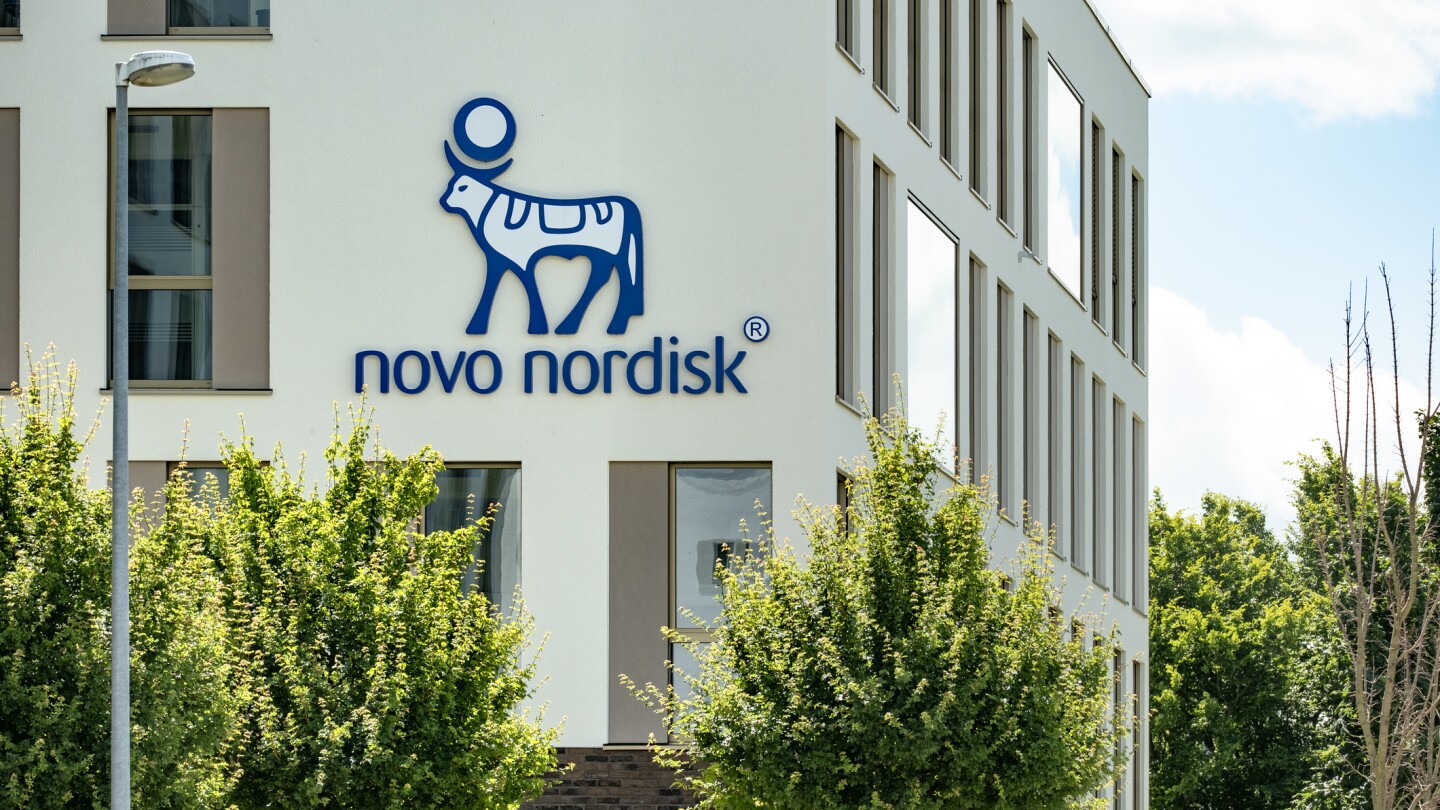Diabetes
While CagriSema bested Novo Nordisk’s Wegovy on blood sugar control in a late-stage trial, the next-gen weight loss drug still has not met the pharma’s 25% weight loss goal.
Despite ushering in the current GLP-1 era, Novo Nordisk has fallen behind its chief rival Eli Lilly, which has exceeded the Danish pharma in terms of sales.
Target action dates for drugs sponsored by Sanofi, Boehringer Ingelheim and Disc Medicine have also been pushed back despite assurances of swift reviews under the FDA’s new Commissioner’s National Priority Voucher program.
After getting the crucial first-mover advantage with an FDA approval for a weight loss pill, Novo Nordisk looks to win the market before rival Lilly can arrive with its own oral option for obesity.
Novo Nordisk’s amycretin showed no weight-loss plateau over 36 weeks in patients with type 2 diabetes, suggesting its efficacy could become even stronger with longer follow-up, according to analysts at BMO Capital Markets.
Previous mega blockbusters took years to reach their peak sales. Lilly’s tirzepatide franchise is on course to exceed them just a few years in.
If Eli Lilly’s obesity pill orforglipron is approved and priced around $200 per month, analysts at Truist predict patients will flock to it.
Novo Nordisk, under new CEO Maziar Mike Doustdar, has a new attitude. It’s making Pfizer livid.
CEO David Ricks wants Eli Lilly’s upcoming obesity pill to be accessible to patients who need it, but the company still needs to pay for the next generation of obesity medicines to come after that.
After beating Novo Nordisk’s semaglutide last month, Lilly’s much anticipated oral candidate orforglipron has taken down AstraZeneca’s Farxiga in a head-to-head trial.
PRESS RELEASES










